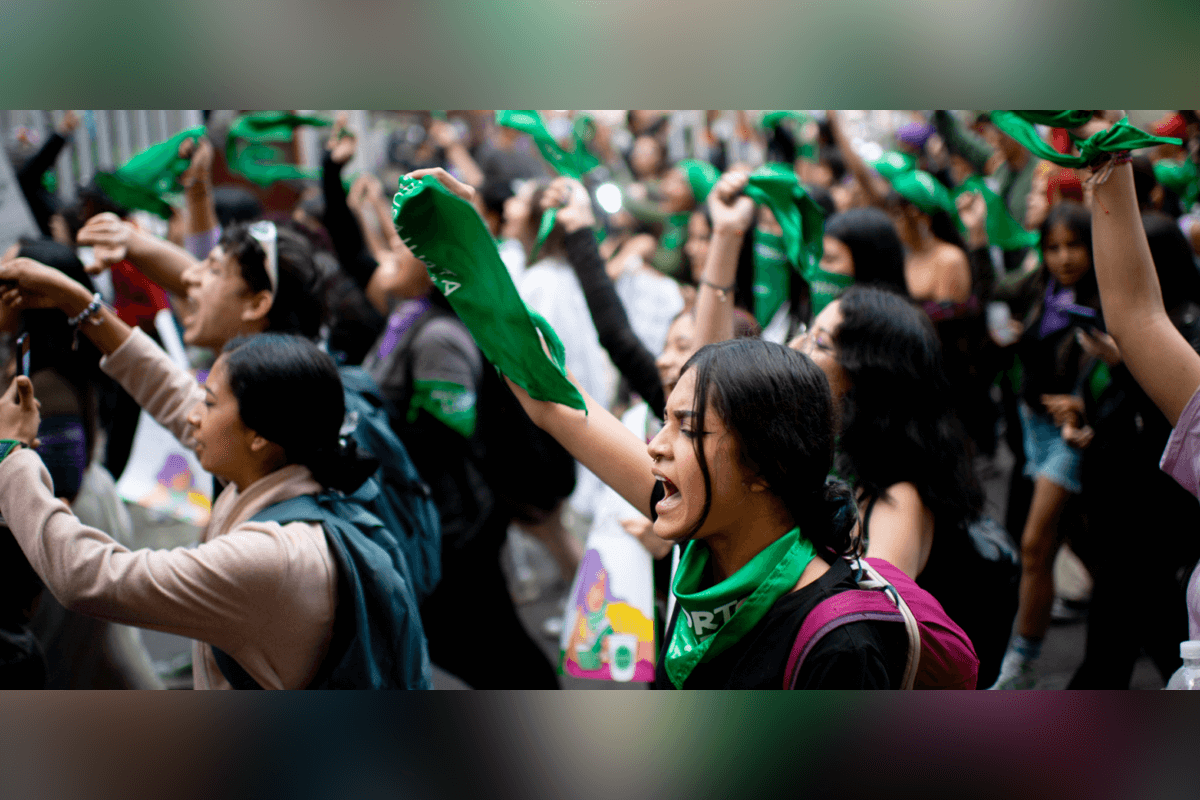
This report reveals how many healthcare workers, activists, advocates and accompaniers around the world face abuse, arrest, prosecution and imprisonment for supporting the right of women, girls and all people who can become pregnant to access abortions. Such an environment is prevalent including in countries where abortion is partially allowed by law. It is having a chilling, silencing and stigmatizing effect on all those defending access to abortion, as they live in constant fear of being attacked and prosecuted for providing abortion care, whether it is legal or not. It is also creating major barriers for women, girls and all people who need abortion care – particularly those who are most marginalised.
“The right to abortion is not an opinion. It is a matter of international standards and international legal norms. It is a right underpinned by many human rights, including the rights to physical and mental integrity, the right to health and the right not to be unlawfully and arbitrarily killed through the withdrawal of safe services. It is essential for the dignity of all women and girls, and of everyone who can become pregnant. Those who defend and enable exercise of that right deserve our respect and protection. Yet, many States around the world persist with policies of over-regulation and criminalization that generate hostile, even perilous environments for those who defend the right to abortion,” said Agnès Callamard,Amnesty International’s Secretary General.
“Anti-abortion rhetoric, policies and laws stamp a target on the backs of health workers and advocates. Stigmatized, abused, discriminated against, criminalized, imprisoned, even killed – the rights of those who defend the right to abortion are under attack. But their human rights to work without fear, to provide essential services without threat, to exercise their professional skills without discrimination, must be respected and protected.”
While progressive abortion law reform continues, anti-abortion regressions impede access with the promotion of disinformation and toxic narratives – smear campaigns that hijack public discourse and agitate against the right to abortion and against those who defend it.
The report, based on close to 50 interviews with abortion rights defenders from all over the world, features stories and information shared by frontline and grassroots organizations, and reflects the concerns raised by global healthcare organizations, who last year launched a call to protect these defenders. Those interviewed, in particular healthcare workers, explained how they often feel isolated and unsupported. Their work is not recognised, and they are left fearing the threat of criminalization, harassment, stigmatization, verbal threats and violence, as well as ostracization and burnout in the workplace. Some health workers have seen their personal details leaked online, while others are unsure whether they’ll make it home safely. For example:
– Venezuelan teacher and human rights defender Vannesa Rosales was criminalized for helping a woman and her 13-year-old daughter get access to abortion.
– In Poland, Justyna Wydrzyńska, a member of Abortion Without Borders and the Abortion Dream Team, was convicted for helping a woman access abortion pills earlier this year – a safe way of terminating a pregnancy.
– In Ghana, an advocate for sexual and reproductive rights said service providers have experienced physical violence and public shaming by members of the public, for educating people about contraception.
Amnesty International is calling for States to recognize that the role of WHRDs working on access to safe abortion is legitimate and integral to the promotion and realization of sexual and reproductive rights; and ensure WHRDs working on access to safe abortion, are not criminalized, intimidated or attacked, and bring those who attack them to justice.
“It is important for doctors to make abortion accessible in countries with restrictive laws. We are the ones providing care to the poorest women, those most likely to suffer harms.” Said an El Salvador obstetrician.
SOURCE: Amnesty International, 24 November 2023 + PHOTO: © Chepa Beltran/Long Visual Press/Universal Images Group via Getty Images



